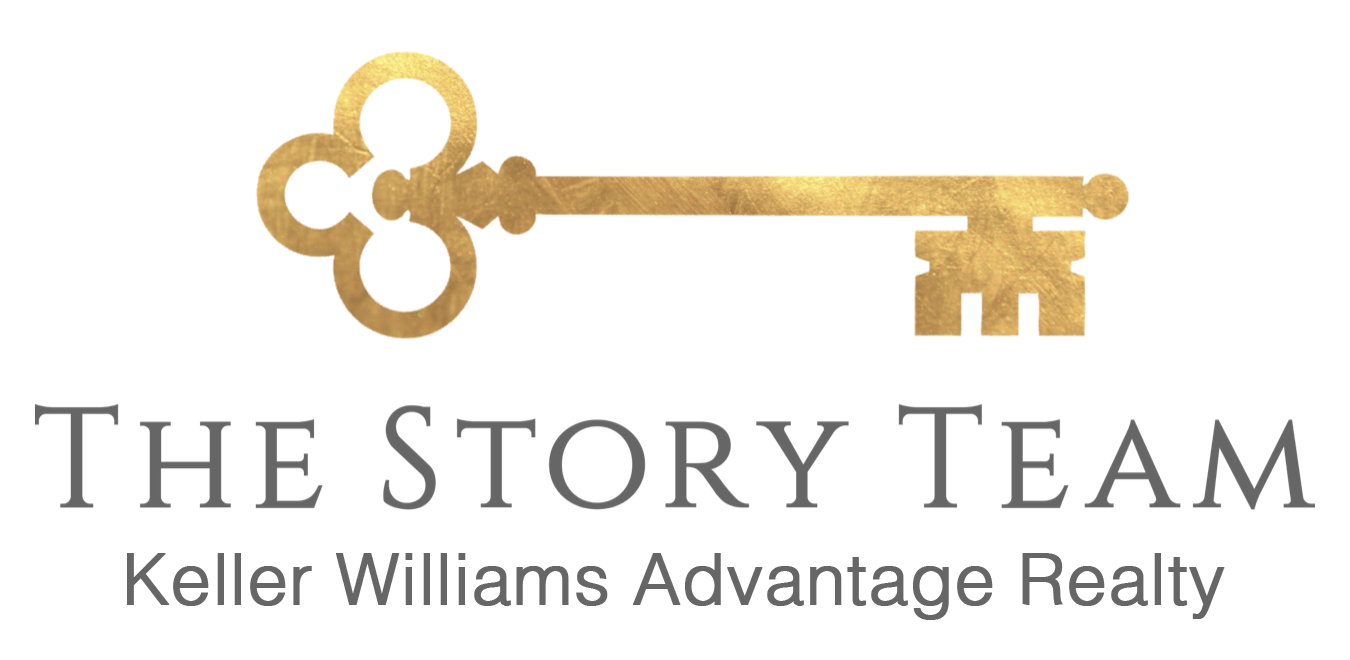Important Information About Closing Costs for Home Sellers

Donna Story
Real Estate was the perfect choice for Donna because she loves working with people. Her involvement in the community and industry knowledge help...
Real Estate was the perfect choice for Donna because she loves working with people. Her involvement in the community and industry knowledge help...
Understanding Closing Costs When Selling Your Home
Selling a home is an exciting milestone, but it brings along some expenses that might surprise you. Imagine sitting at the closing table, expecting a decent profit from your home sale, only to see a chunk of your proceeds being deducted. That’s the reality of closing costs—the necessary expenses to finalize your home sale. If you're not prepared, these costs can significantly reduce your net earnings.
In this post, we'll break down the common costs sellers typically incur, explain why they are necessary, and share tips on how to retain more of your money when selling your home.
What Are Closing Costs?
Closing costs are the final expenses required to complete the sale of your home. These include real estate fees, title transfers, and legal costs. Typically, sellers pay between 6% to 10% of the home’s sale price in closing costs.
Understanding these costs in advance can help you budget and avoid any last-minute surprises.
Typical Closing Costs for Home Sellers
1. Real Estate Agent Fees
Real estate commissions remain a key expense for many sellers, but recent changes have made them more flexible and negotiable. Sellers are no longer required to cover the buyer’s agent commission, and all commission agreements must be clearly disclosed and agreed upon upfront.
How Much Do Commissions Cost?
Traditionally, commission rates ranged from 5% to 6% of the sale price. However, with the new rules, commission structures vary more widely and are subject to direct negotiation between sellers, buyers, and agents.
Who Pays the Commission?
- Sellers may still choose to pay the buyer’s agent commission, but it is no longer an industry standard.
- Some buyers may now be responsible for paying their own agent’s commission.
- Listing agents still charge a fee for marketing, negotiations, and transaction management, but the rate is now more customizable.
2. Transfer Taxes and Recording Fees
Transfer taxes are state and local fees assessed for legally transferring ownership of your home.
- Cost: These fees usually range from 0.5% to 2% of the sale price, depending on your location.
- Responsibility: In many areas, the seller pays these taxes, although in some instances, buyers may agree to cover part or all of the cost.
3. Title Insurance (Owner’s Policy)
Title insurance safeguards buyers against ownership disputes or legal claims on the property. While buyers typically buy their own policy, many sellers cover the owner’s policy as part of the transaction.
- Requirement: Title insurance is not mandatory but commonly expected in home sales.
- Cost: Usually ranges from 0.5% to 1% of the sale price.
4. Escrow and Closing Fees
Escrow services manage the secure transfer of funds and documents during the transaction. These fees also include final paperwork for transferring ownership.
- Role of Escrow Companies:
- Keep funds in a secure account.
- Ensure all contract terms are met before transferring money.
- Cost: Typically between $500 and $2,000, varying by location and provider.
5. Prorated Property Taxes
Property taxes are paid annually. You’ll need to pay your share up until the closing date.
- Calculation: The total annual tax bill is divided based on the number of days you owned the home for that year.
- Example: If yearly property taxes are $6,000 and you sell the home halfway through the year, you owe $3,000 in prorated taxes.
6. Homeowners Association (HOA) Fees
If your home belongs to an HOA, additional fees might apply at closing.
- Unpaid Dues: Any outstanding fees need to be settled before closing.
- Transfer Fees: Some HOAs charge between $200 and $1,000 to process the ownership transfer.
7. Attorney Fees (If Required)
In some states, hiring a real estate attorney to review and finalize the sale is mandatory.
- Cost: Typically ranges from $500 to $1,500.
- Duties:
- Reviewing contracts and closing documents.
- Ensuring legal accuracy and adherence.
Ways to Reduce Your Closing Costs
Closing costs can take a sizable chunk out of your home sale profits, but the good news is that there are ways to cut back on these expenses. Whether through negotiation, strategic choices, or finding cost-effective service providers, you have options to keep more money in your pocket. Here are some practical ways to lower your closing costs as a seller.
Sell Without an Agent (FSBO) — this means no listing agent commission. However, you’ll still need to:
- Pay the buyer’s agent commission (usually 2.5% to 3%).
- Handle marketing, negotiations, and paperwork yourself.
FSBO works best if you have experience in real estate or a buyer already lined up.
Ask the Buyer to Cover Some Costs
- In some deals, buyers agree to cover certain closing costs instead of negotiating a lower sale price.
- This works best in a seller’s market, where buyers compete for homes.
Shop Around for Service Providers
- Get multiple quotes for title insurance, escrow services, and attorneys.
- Some companies offer discounts for bundled services.
Preparing for Closing
As you approach the finish line of your home sale, there are still a few final steps to take before closing day. Proper preparation can help avoid last-minute surprises and ensure everything goes smoothly. Here’s what you need to do before handing over the keys.
1. Review the Closing Disclosure Early
- You’ll get a Closing Disclosure a few days before closing that lists all costs.
- Review it carefully to catch any unexpected charges.
2. Finalize Repairs and Paperwork
- Complete any agreed-upon repairs before closing.
Make sure liens, HOA fees, and taxes are paid to avoid delays.
Final Thoughts
Selling your home involves more than just finding a buyer. Anticipating and planning for closing costs can help you retain more of your profit. By being informed and prepared, you can avoid unexpected expenses and make the most of your home sale.
Thinking about selling your home?
Get in touch. We'll guide you through every step of the process to ensure a smooth transaction that meets your goals.

